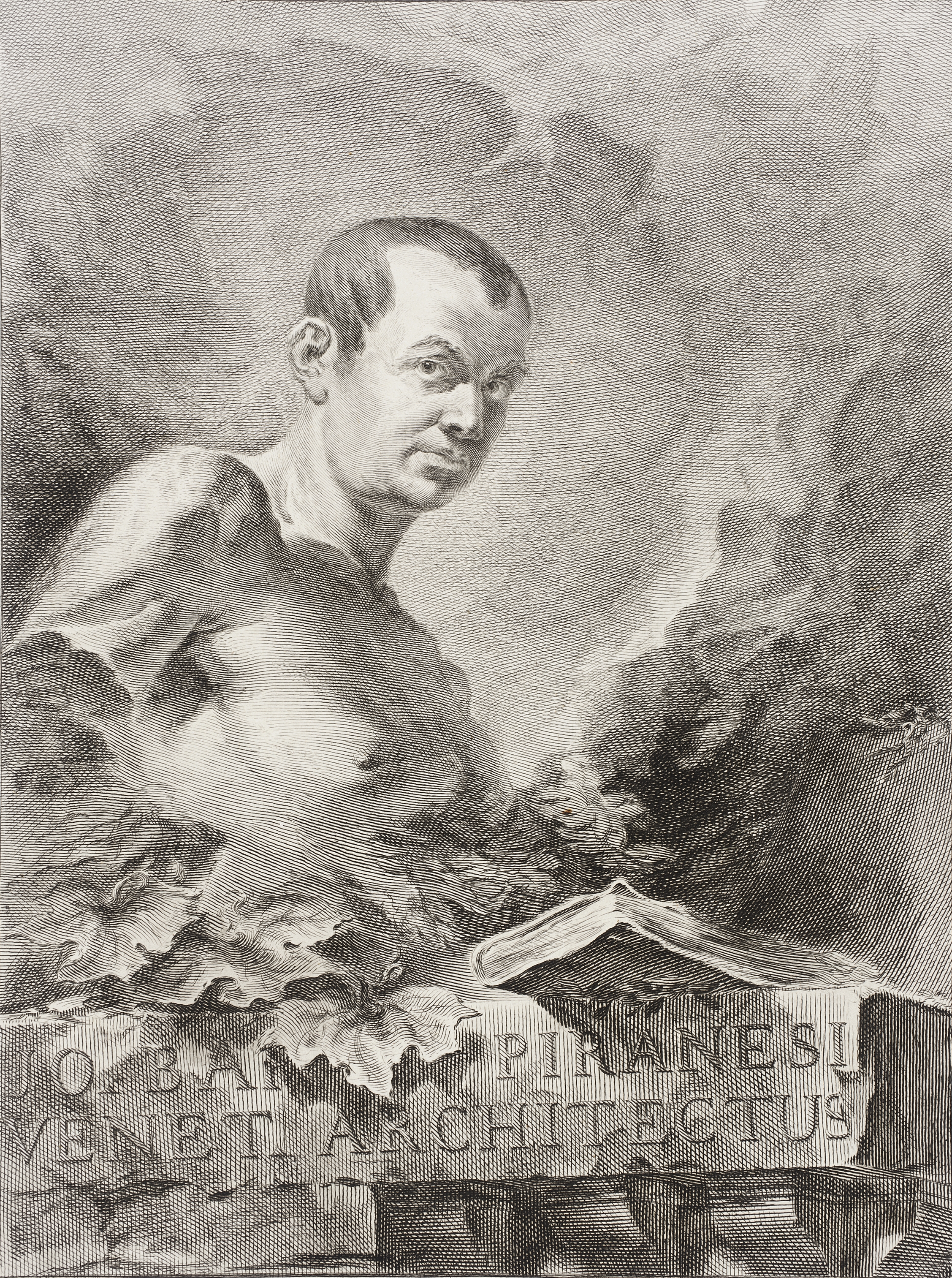



Giovanni Battista Piranesi
Giovanni Battista (also Giambattista) Piranesi was an Italian artist famous for his etchings of Rome and of fictitious and atmospheric "prisons" (Le Carceri d'Invenzione). Piranesi was born in Mogliano Veneto, near Treviso, then part of the Republic of Venice. His father was a stonemason. His brother Andrea introduced him to Latin and the ancient civilization, and later he was apprenticed under his uncle, Matteo Lucchesi, who was a leading architect in Magistrato delle Acque, the state organization responsible for engineering and restoring historical buildings. From 1740 he had an opportunity to work in Rome as a draughtsman for Marco Foscarini, the Venetian ambassador of the new Pope Benedict XIV. From 1743 to 1747 he sojourned mainly in Venice where, according to some sources, he often visited Giovanni Battista Tiepolo, a leading artist in Venice. In 1767 he was made a knight of the Golden Spur, which enabled him henceforth to sign himself "Cav[aliere] Piranesi". In 1769 his publication of a series of ingenious and sometimes bizarre designs for chimneypieces, as well as an original range of furniture pieces, established his place as a versatile and resourceful designer. He died in Rome in 1778 after a long illness, and was buried in the Church he had helped restore, Santa Maria del Priorato.